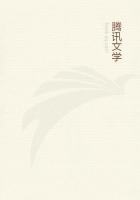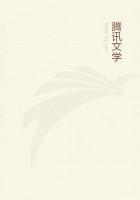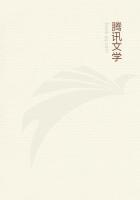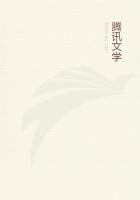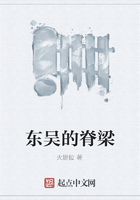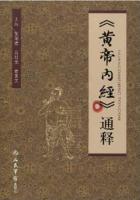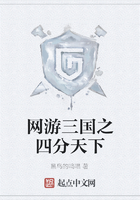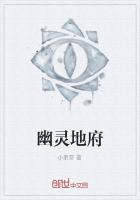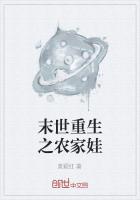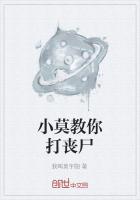CAUSES OF THE REFORMATION(a) The Renaissance.
Baudrillart, /The Catholic Church, The Renaissance, and Protestantism (Tr.)/, 1908 (chap. i.-iii.). Guirard, /L'Eglise et les Origines de la Renaissance/, 1902. Burckhardt, /Die Cultur der Renaissance in Italien/, 11 auf., 1913 (Eng. Trans. by Middlemore, 1878). A Baumgartner, S.J., /Geschichte der Weltiteratur/, vol.
iv., 1900. /The Cambridge Modern History/, vol. i. (/The Renaissance/, 1902). Stone, /The Reformation and Renaissance/, 1904. Janssen, /Geschichte des deutschen Volkes/, 1887 (Eng.
Trans. by Mitchell and Christie, London, 1896 sqq.). Pastor, /Geschichte der Papste im Zeitalter der Renaissance/, Freiburg, 1886 sqq. (Eng. Trans. by Antrobus, London, 1891 sqq.). Muntz, /La Renaissance en Italie et en France a l'epoque de Charles VIII./, 1885. Gasquet, /The Eve of the Reformation/. Mourret, /La Renaissance et la Reforme/, 1912.
The great intellectual revival, that followed upon the successful issue of the struggle for freedom waged by Gregory VII. and his successors, reached the zenith of its glory in the thirteenth century.
Scholasticism, as expounded by men like Alexander of Hales, Albert the Great, Roger Bacon, St. Bonaventure, and St. Thomas, and illustrated by a wealth of material drawn alike from the Scriptures, the writings of the Fathers, the wisdom of Pagan philosophers, and the conclusions of natural science, was alone deemed worthy of serious attention.
Classical studies either were neglected entirely even in the centres of learning, or were followed merely for the assistance they might render in the solution of the philosophical and theological problems, that engaged men's minds in an age when Christian faith reigned supreme.
The Catholic Church, indeed, had never been hostile to classical studies, nor unmindful of their value, as a means of developing the powers of the human mind, and of securing both breadth of view and beauty of expression. Some few teachers here and there, alarmed by the danger of corrupting Christian youth by bringing it into contact with Pagan ideals, raised their voices in protest, but the majority of the early Fathers disregarded these warnings as harmful and unnecessary.
Origen, St. Clement of Alexandria, St. Gregory of Nazianzen, St.
Basil, and St. Jerome, while not ignoring the dangers of such studies, recommended them warmly to their students, and in the spirit of these great leaders the Catholic Church strove always to combine classical culture and Christian education.
With the fall of the Empire, consequent upon its invasion by the barbarian hordes, classical studies were banished to some extent to the Western Isles, Ireland and Britain, from which they were transplanted to the Continent principally during the Carlovingian revival.[1] In the cathedral, collegiate, and monastic schools the classics were still cultivated, though beyond doubt compilations were used more frequently than were the original works; and even in the darkest days of the dark ages some prominent ecclesiastics could be found well versed at least in the language and literature of Rome. It looked, too, for a time, as if the intellectual revival of the twelfth century were to be turned towards the classics; but the example of men like John of Salisbury was not followed generally, and the movement developed rapidly in the direction of philosophy. As a consequence, the study of Latin was neglected or relegated to a secondary place in the schools, while Greek scholarship disappeared practically from Western Europe. The Scholastics, more anxious about the logical sequence of their arguments than about the beauties of literary expression, invented for themselves a new dialect, which, however forcible in itself, must have sounded barbarous to any one acquainted with the productions of the golden age of Roman literature or even with the writings of the early Fathers of the Latin Church. Nor was it the language merely that was neglected. The monuments and memorials of an earlier civilisation were disregarded, and even in Rome itself, the City of the Popes, the vandalism of the ignorant wrought dreadful havoc.
So complete a turning away from forces that had played such a part in the civilisation of the world was certain to provoke a reaction.
Scholasticism could not hold the field for ever to the exclusion of other branches of study, especially, since in the less competent hands of its later expounders it had degenerated into an empty formalism.
The successors of St. Thomas and St. Bonaventure had little of their originality, their almost universal knowledge, and their powers of exposition, and, as a result, students grew tired of the endless wranglings of the schools, and turned their attention to other intellectual pursuits.
Besides, men's ideas of politics, of social order, and of religion were changing rapidly, and, in a word, the whole outlook of the world was undergoing a speedy transformation. In the Middle Ages religion held the dominant position and was the guiding principle in morals, in education, in literature, and in art; but as the faith of many began to grow cold, and as the rights of Church and State began to be distinguished, secularist tendencies soon made themselves felt.

